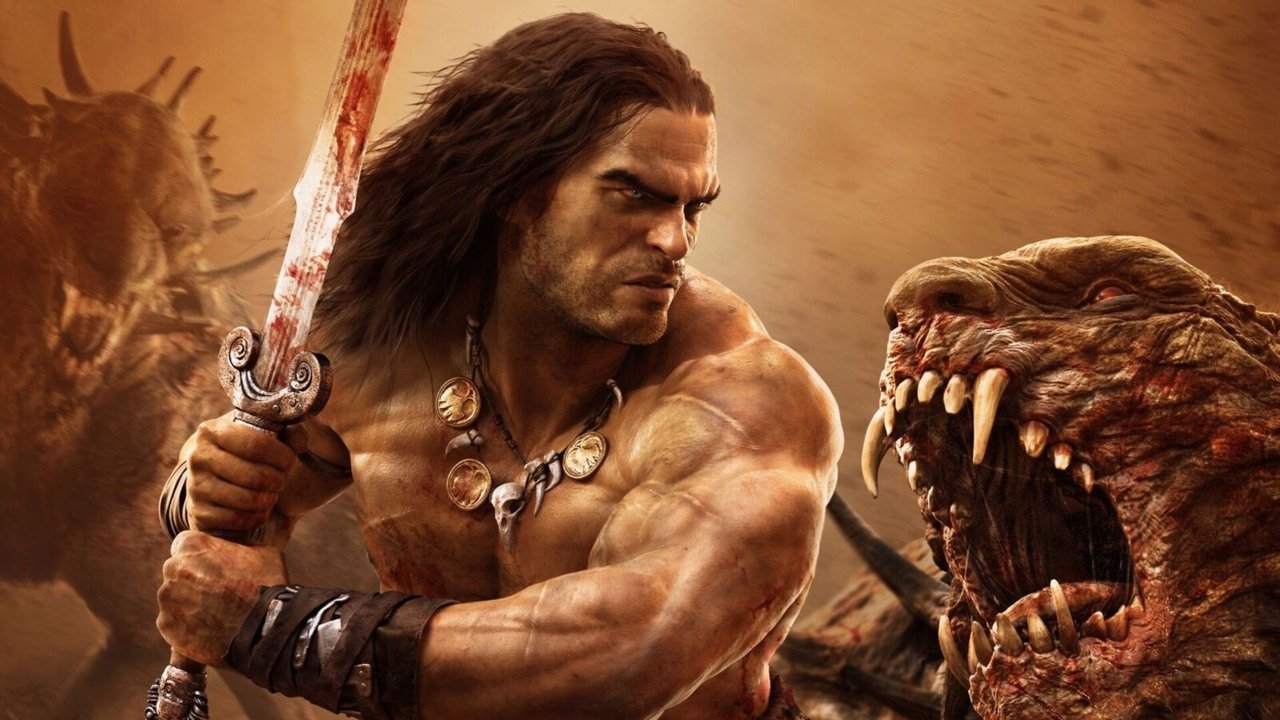
when Horror Yearbook – Hades, the ruler of the Greek underworld, has fascinated humans for centuries. His realm is often depicted as a dark and terrifying place, yet it holds much more complexity than commonly believed. Mortals and gods alike have ventured into Hades’ domain and returned with stories of power, punishment, and secrets hidden from the living world. Hades governs not only the dead but also the balance of life and death, making his role critical in Greek mythology. Many myths describe his interactions with heroes, gods, and even humans who tried to escape death. Beyond the fearsome reputation, Hades demonstrates justice, cunning, and authority that few gods possess. Exploring his realm reveals not only fear but also a deeper understanding of ancient beliefs about mortality and morality. Hades’ realm is filled with rivers, spirits, and trials that shape the fate of souls, showing both cruelty and order.
The underworld is more than a place of punishment. It contains multiple layers, each designed to test the souls that enter. Some myths speak of Tartarus, where the wicked endure eternal suffering, and the Elysian Fields, a peaceful resting place for heroes. The ruler’s powers are immense, controlling the very essence of life and death in this domain. Gods and mortals alike approach with caution, knowing that decisions made there are final. The presence of Cerberus, the three-headed guardian, ensures that no soul escapes without permission. Influence extends to natural events, harvest cycles, and even the wealth of the earth, as minerals hidden underground are also governed. Understanding this realm reveals that it operates under strict rules and hierarchy. Mortals who enter often face trials that test their courage, morality, and wit. The underworld reflects the duality of fear and justice, showing the ruler’s depth beyond mere terror.
“Read about: The Mysterious Golem: Protector or Curse? Discover the Chilling Story”
Hades frequently interacts with heroes in Greek mythology. Stories like that of Orpheus show mortals confronting the god to rescue loved ones. Hades’ decisions in these encounters reflect both strictness and mercy, depending on the circumstances. Heroes must often solve riddles, prove loyalty, or display cleverness to succeed. Even the gods approach Hades with negotiation and respect, aware of his unyielding authority over life and death. These encounters reveal Hades’ intelligence and his understanding of human and divine motivations. Mortals who survive Hades’ trials return with knowledge and perspective, often changing their approach to life. Hades’ interactions with heroes also show his complex morality, as he rewards persistence and punishes deceit. Tales of confrontation and negotiation with Hades highlight both the danger and opportunity present in the underworld. Through these stories, Hades becomes more than a fearful figure; he embodies power, justice, and the unpredictable nature of fate.
Hades holds unique powers that distinguish him from other gods. He controls the dead, underground wealth, and even shadows that move between the living and spiritual worlds. His ability to influence life and death makes him a god that all others approach with caution. Hades’ power is rarely challenged because it is tied to the natural order of existence. Mortals who attempt to manipulate his domain often fail, as his intelligence and foresight surpass theirs. Even Zeus and other Olympians respect Hades’ authority and rarely intervene directly in the underworld. His secrets include hidden rivers, treasures, and knowledge about the afterlife unknown to mortals. Hades’ cleverness ensures that the balance of life and death remains undisturbed. Exploring Hades’ power reveals the god’s meticulous planning and the complexity of his realm. His influence extends far beyond fear, encompassing justice, wealth, and control over life’s ultimate boundaries.
“Read more: The Truth Behind 5 Popular Nutrition Myths That Everyone Believes”
Hades’ realm continues to inspire myth, art, and literature to this day. Stories of his domain shape modern understanding of life after death and moral justice. Hades’ presence is felt in rituals, cultural symbols, and even language, reflecting the fear and respect humans hold for mortality. The tales of heroes navigating his realm emphasize courage, intelligence, and respect for the rules of life and death. Hades’ influence also appears in modern media, where he is often portrayed as a complex character balancing power, duty, and morality. By studying Hades’ myths, people gain insight into ancient beliefs about justice, punishment, and the afterlife. Hades’ legacy endures because it combines fear with profound lessons about mortality. His realm challenges the living and the dead, teaching that authority, cunning, and balance govern even the most terrifying spaces.
Hades’ myths offer lessons for contemporary life. Respect for boundaries, understanding consequences, and using intelligence to navigate challenges are central themes. Even today, Hades represents the idea that power must be balanced with fairness. Mortals and leaders alike can draw inspiration from his domain and the trials of those who faced him. The stories of negotiation, courage, and cleverness in Hades’ realm encourage reflection on personal ethics and decision-making. Hades’ underworld symbolizes both fear and opportunity, showing that even the most intimidating challenges can teach valuable lessons. His myths also remind us that mortality and justice are universal concerns. Applying lessons from Hades encourages responsibility, awareness, and respect for natural and social rules. By exploring Hades’ story, people connect with timeless wisdom and the enduring mysteries of life and death.